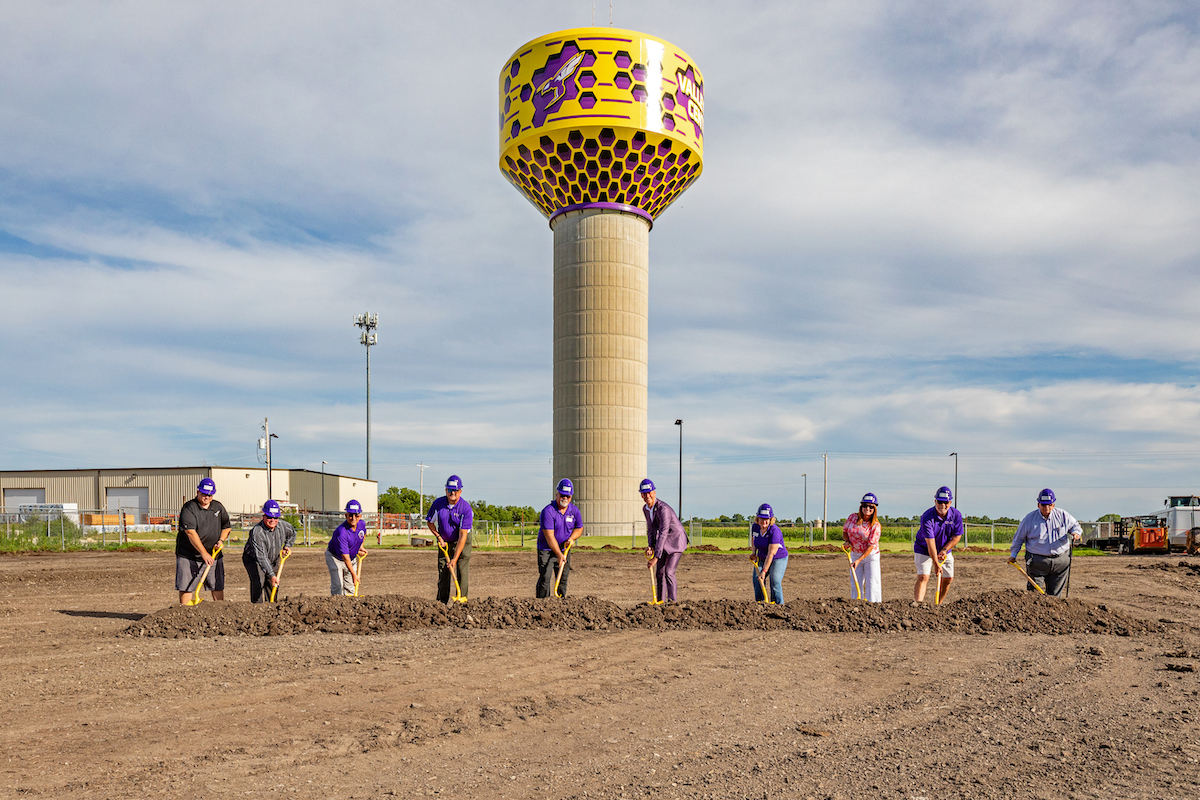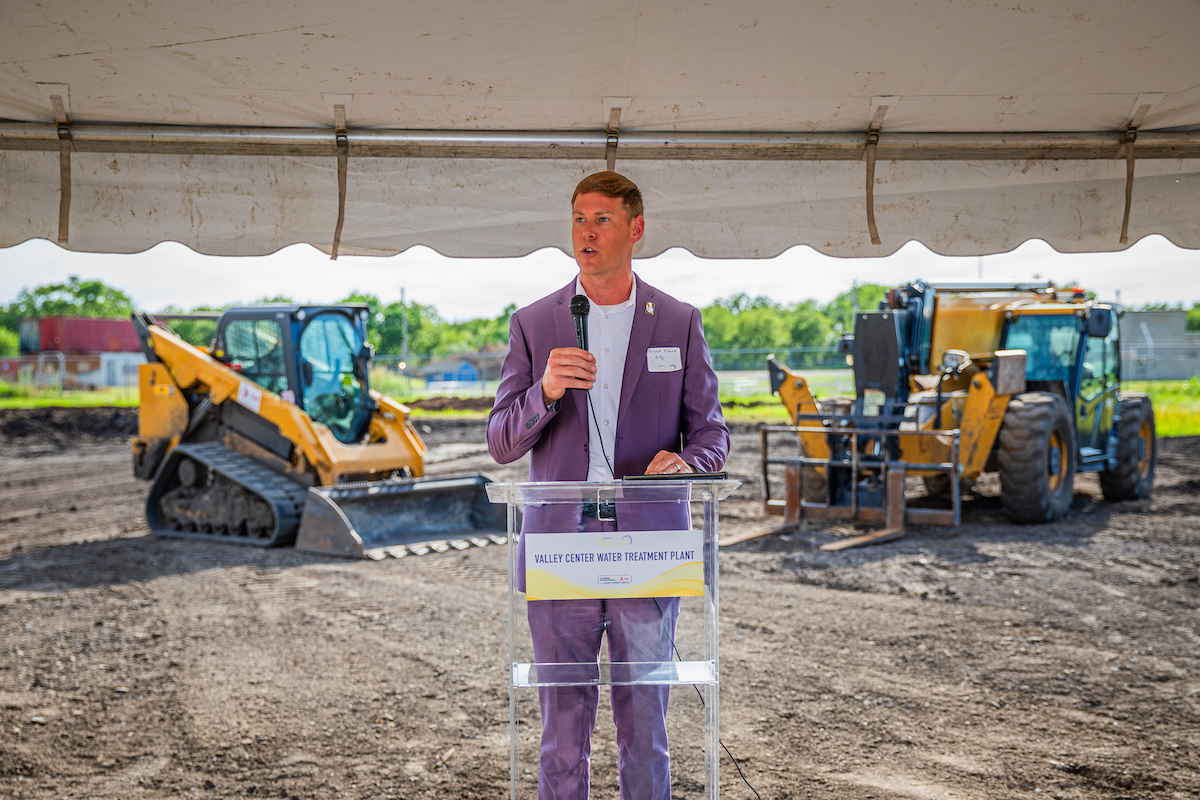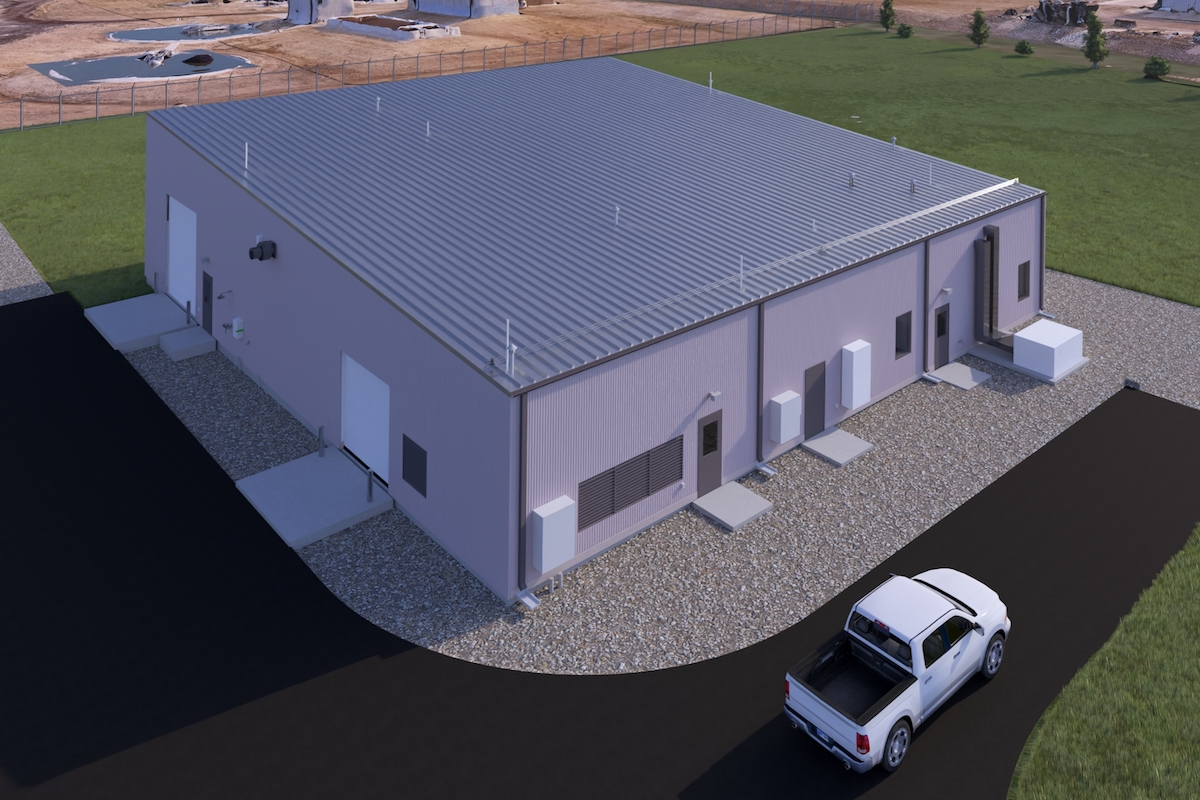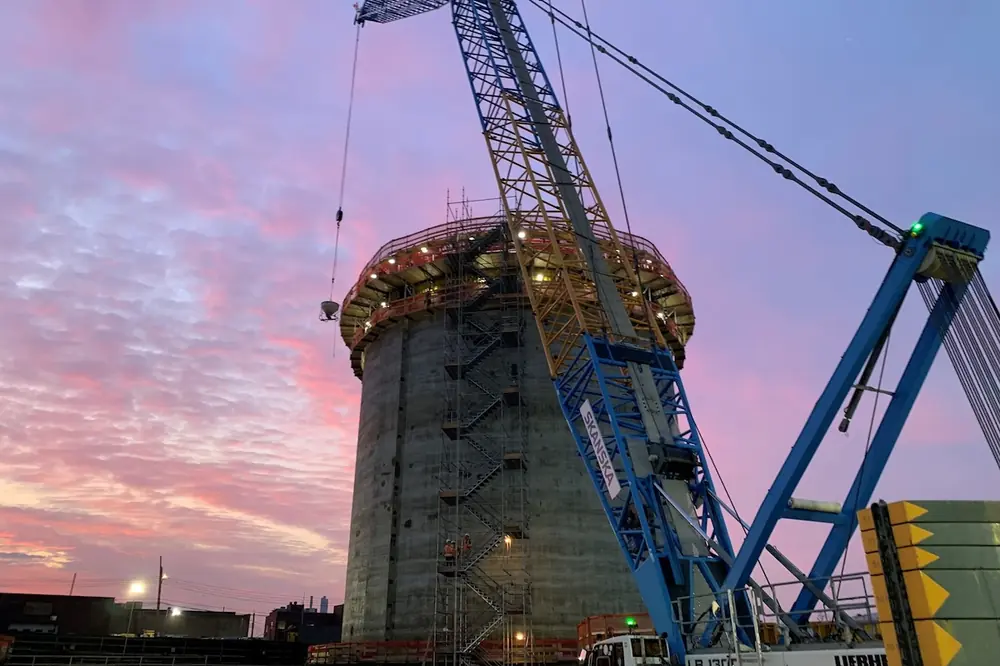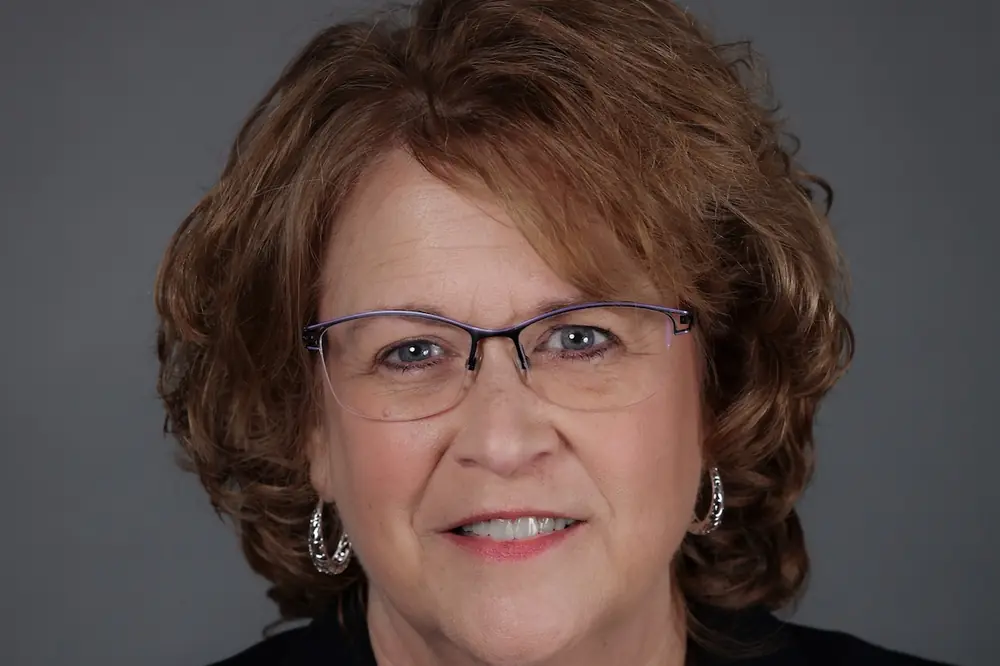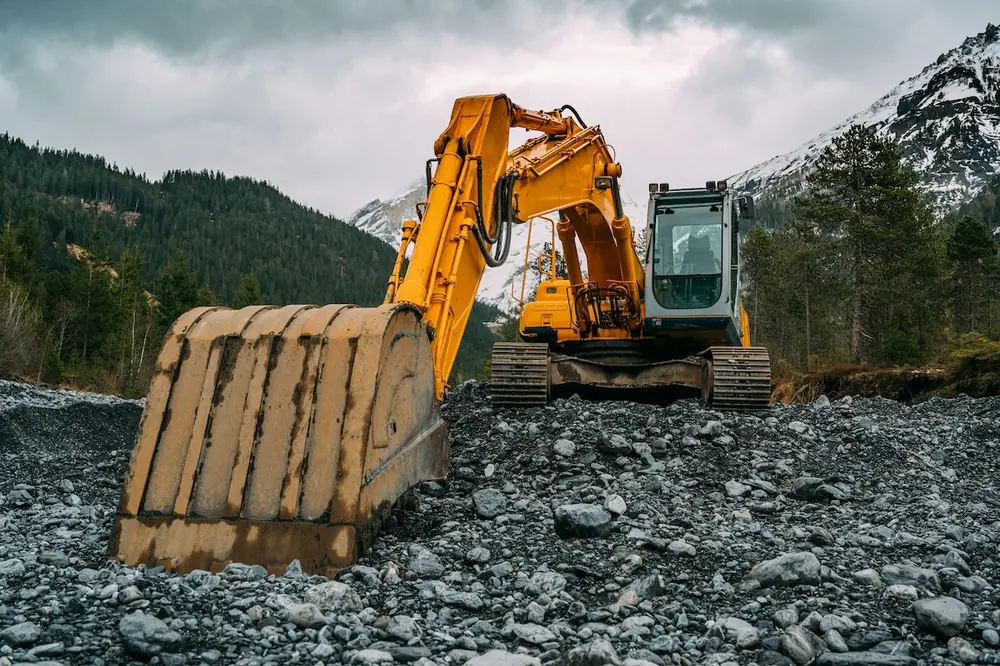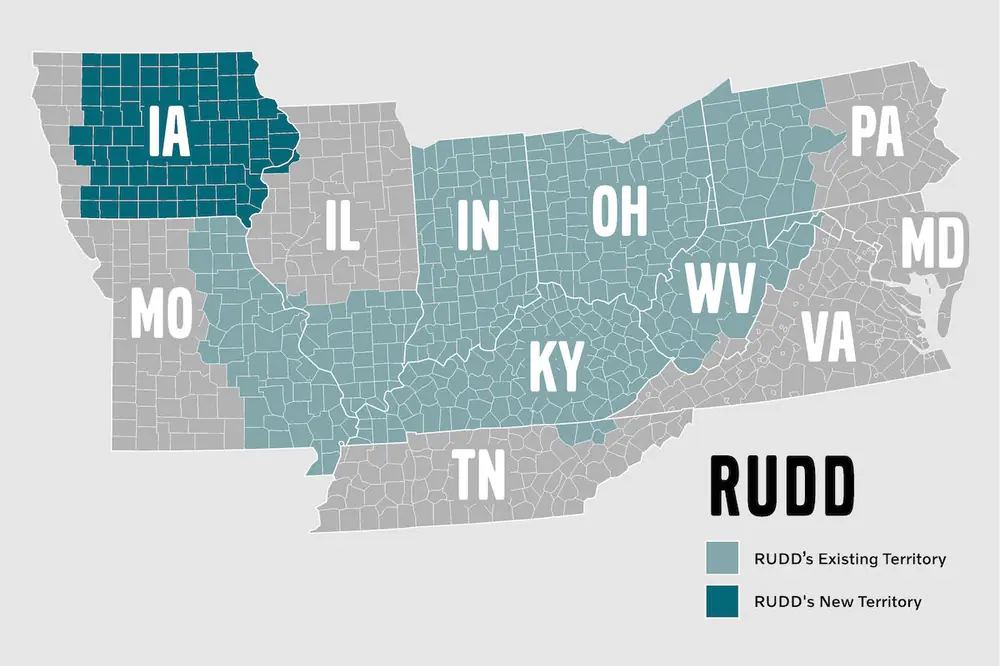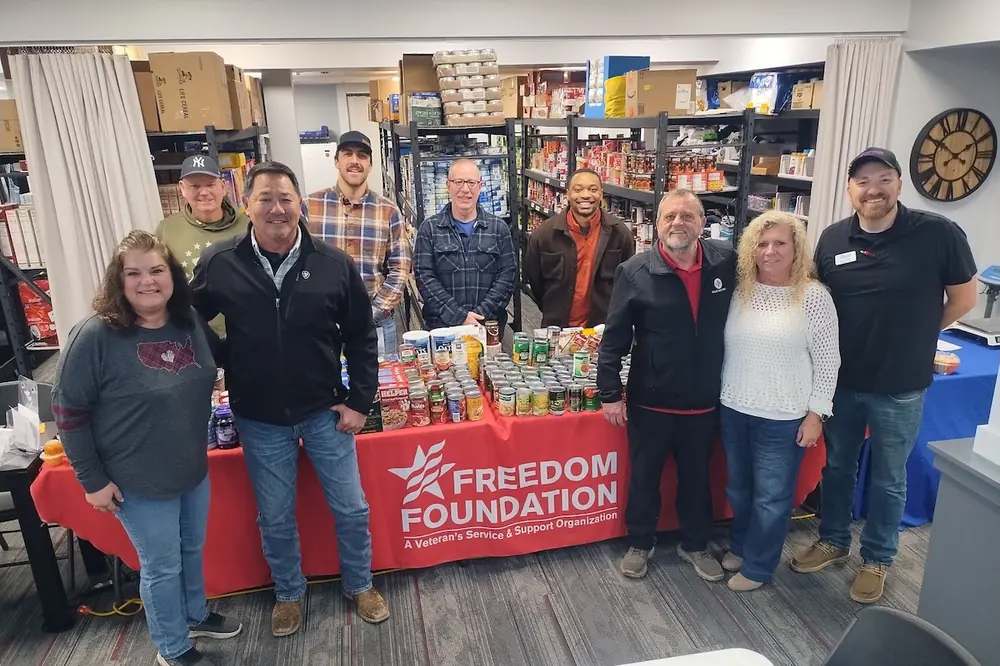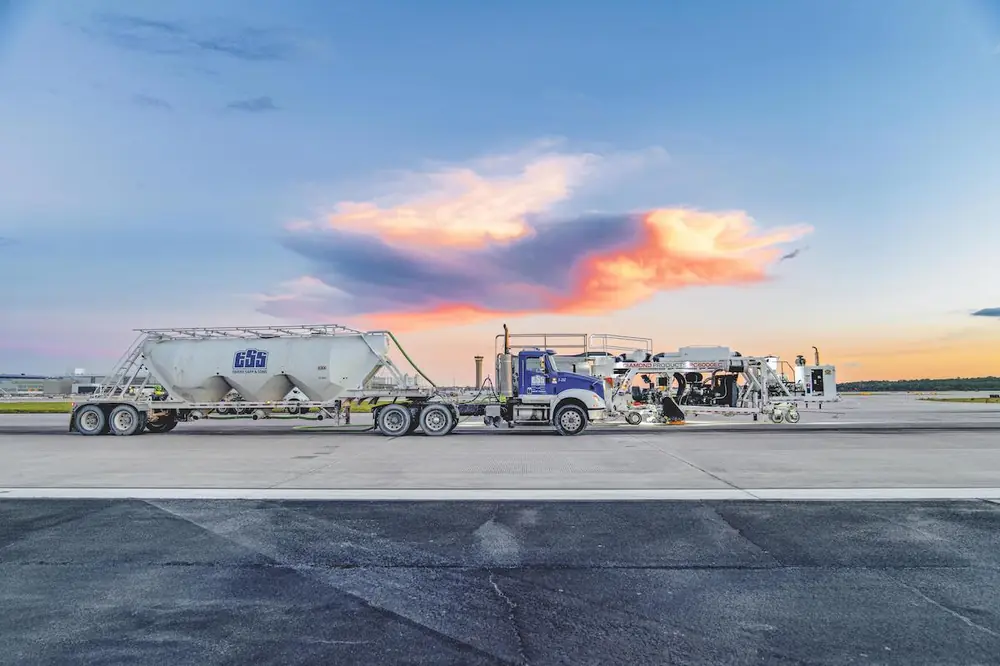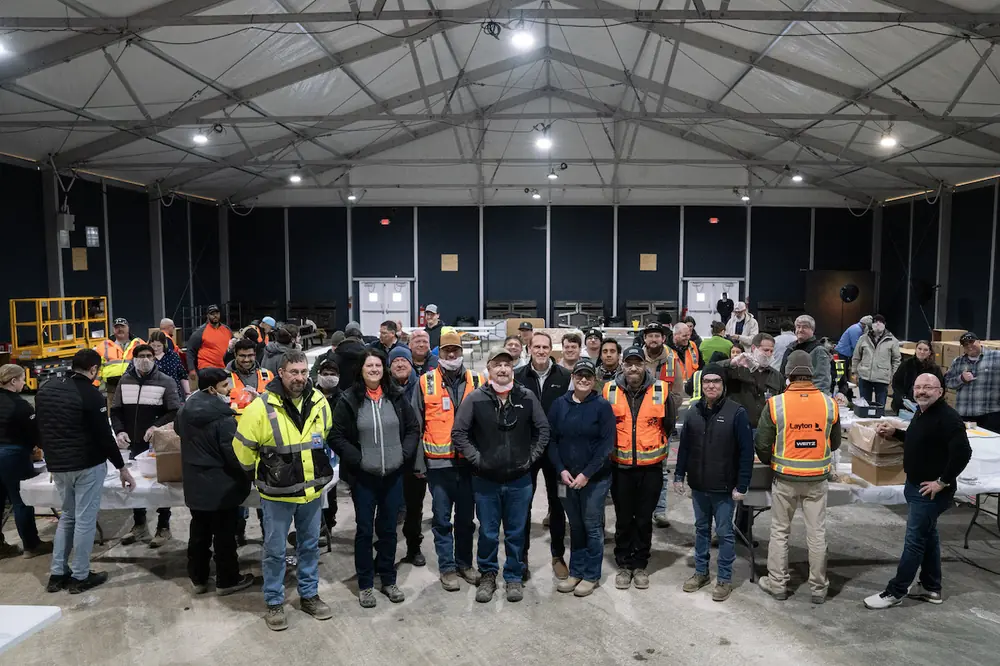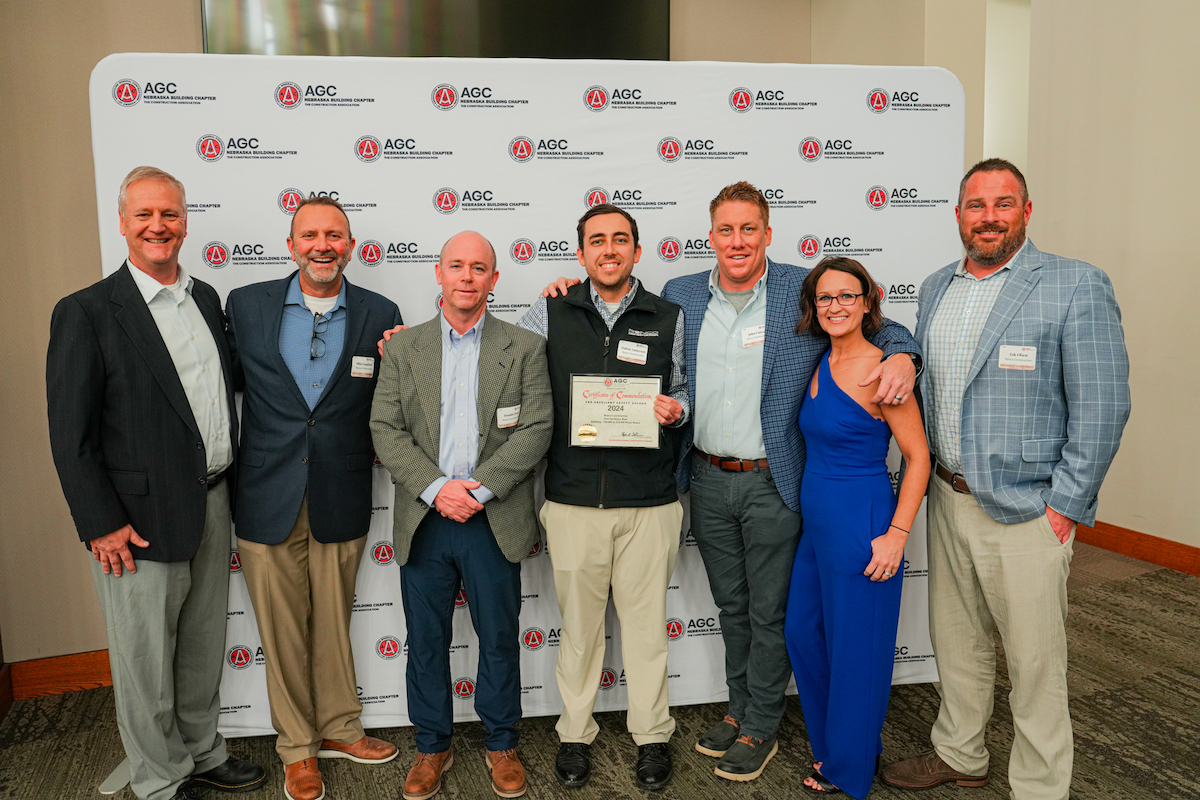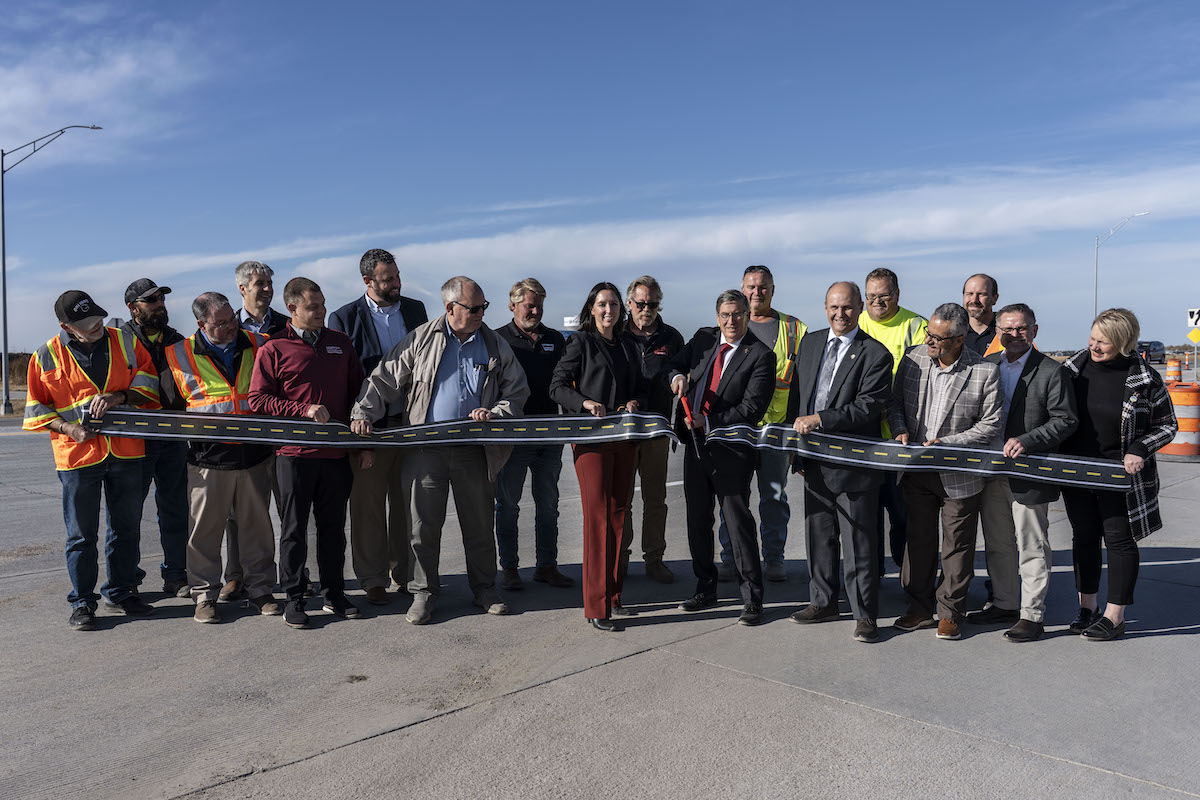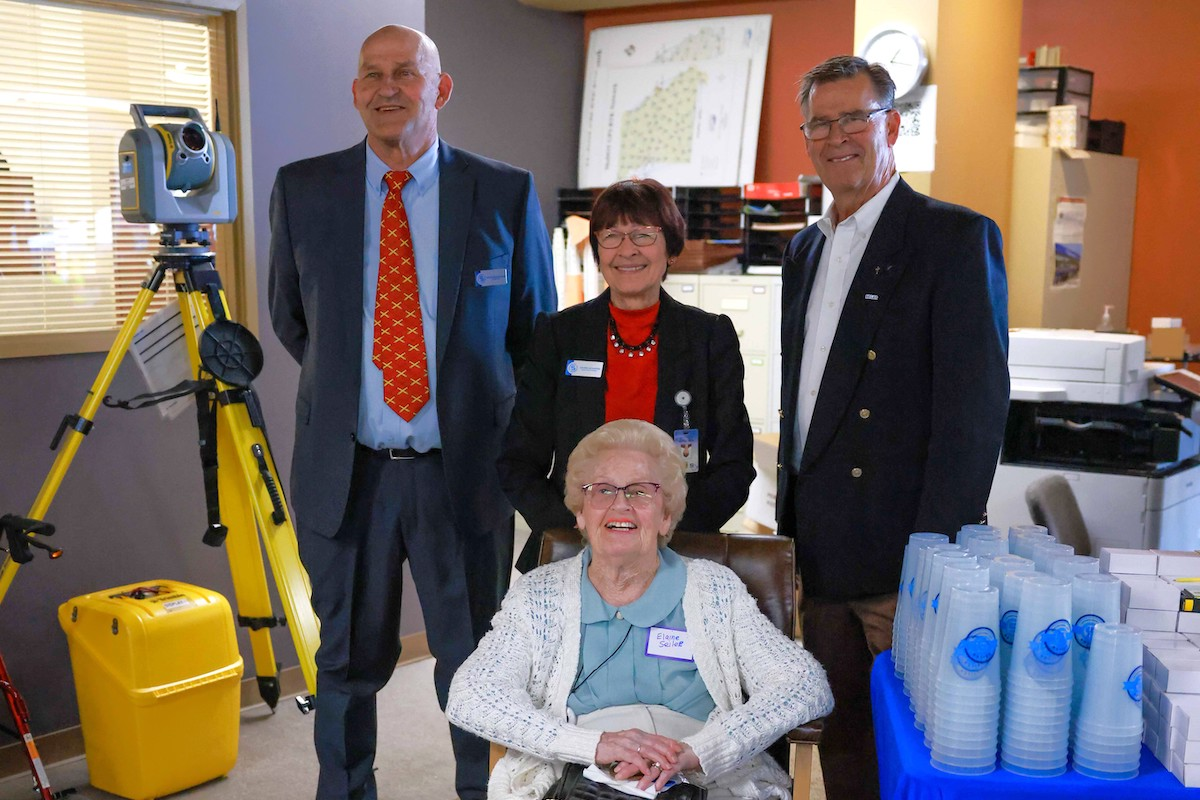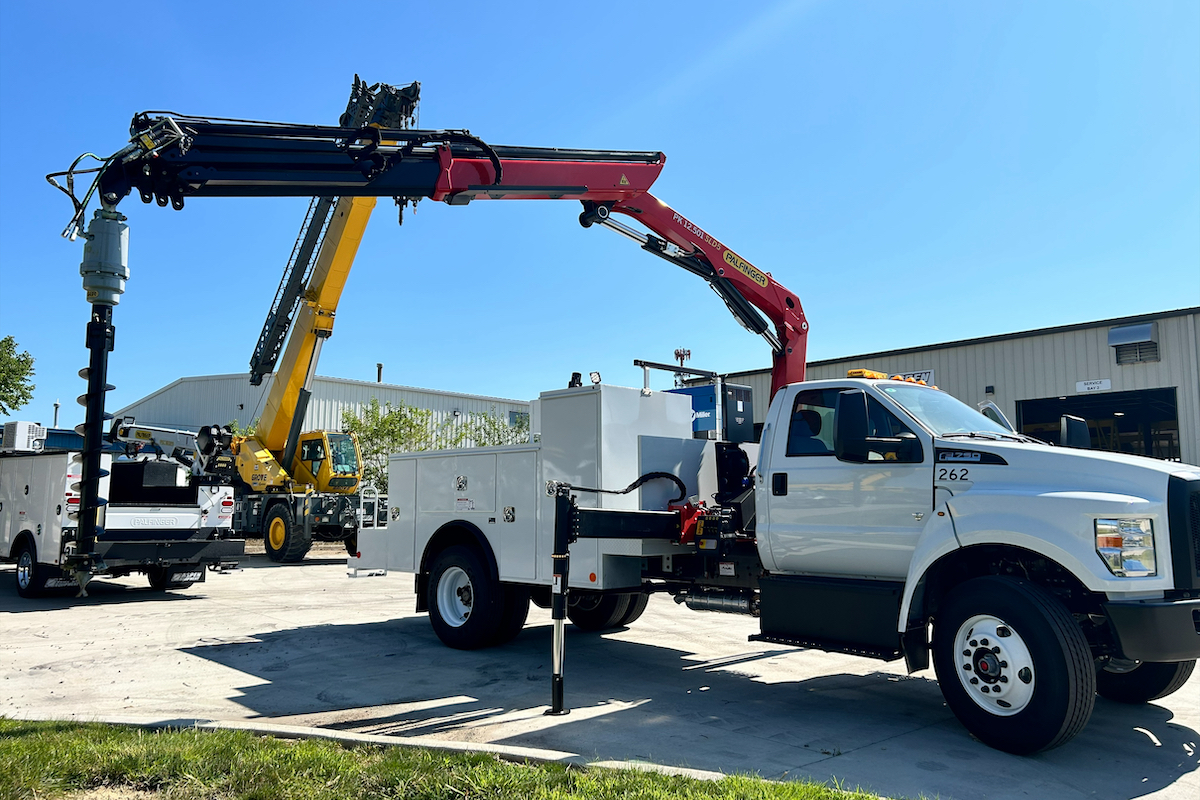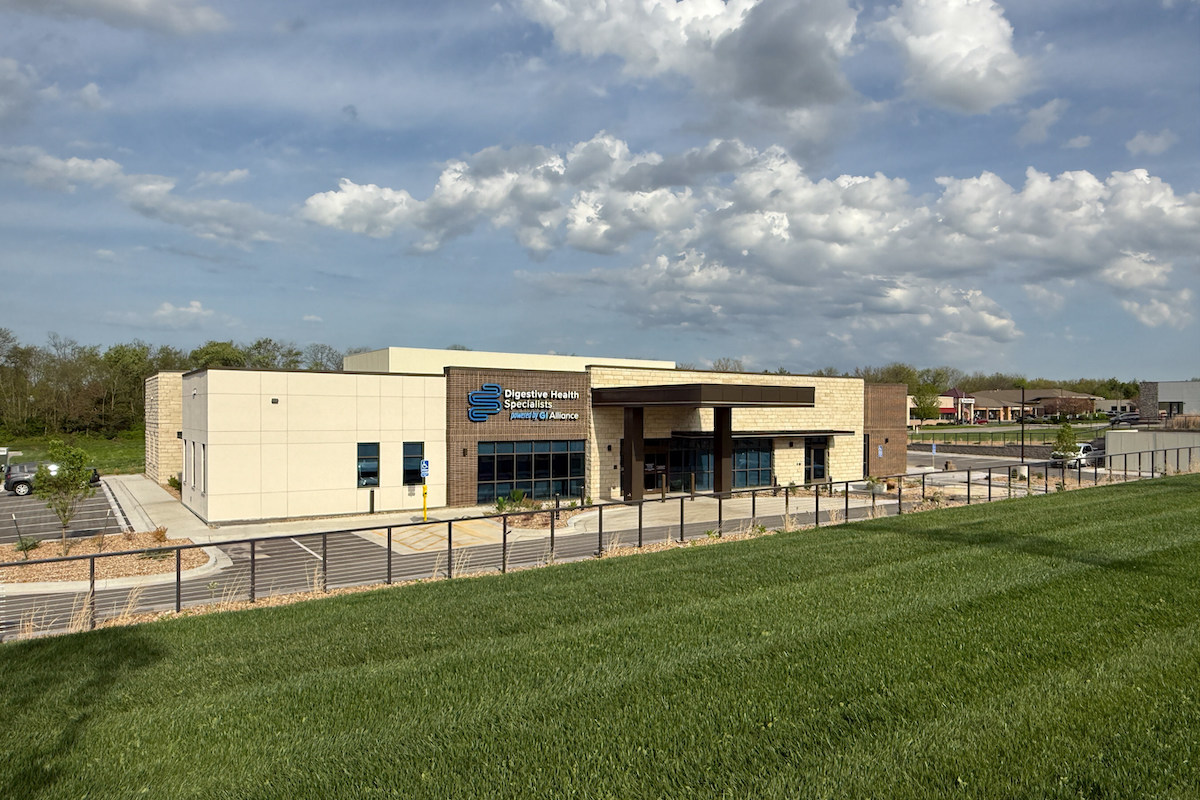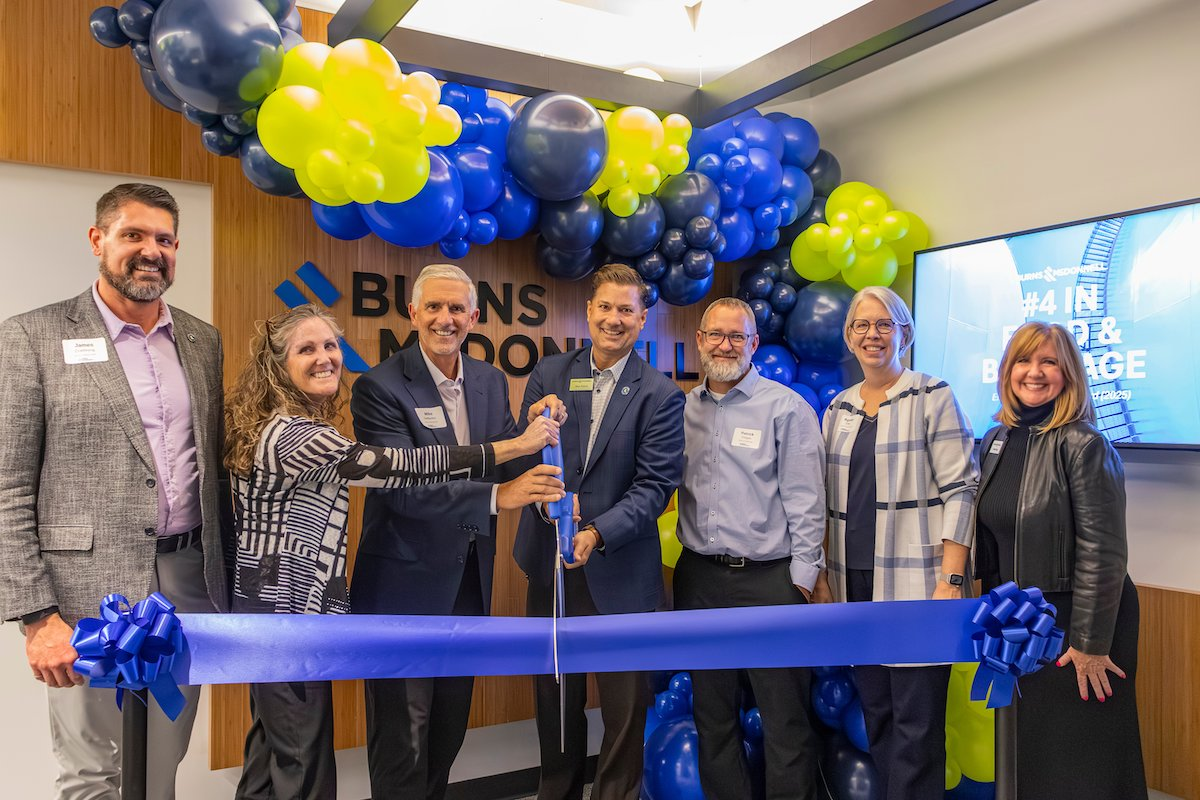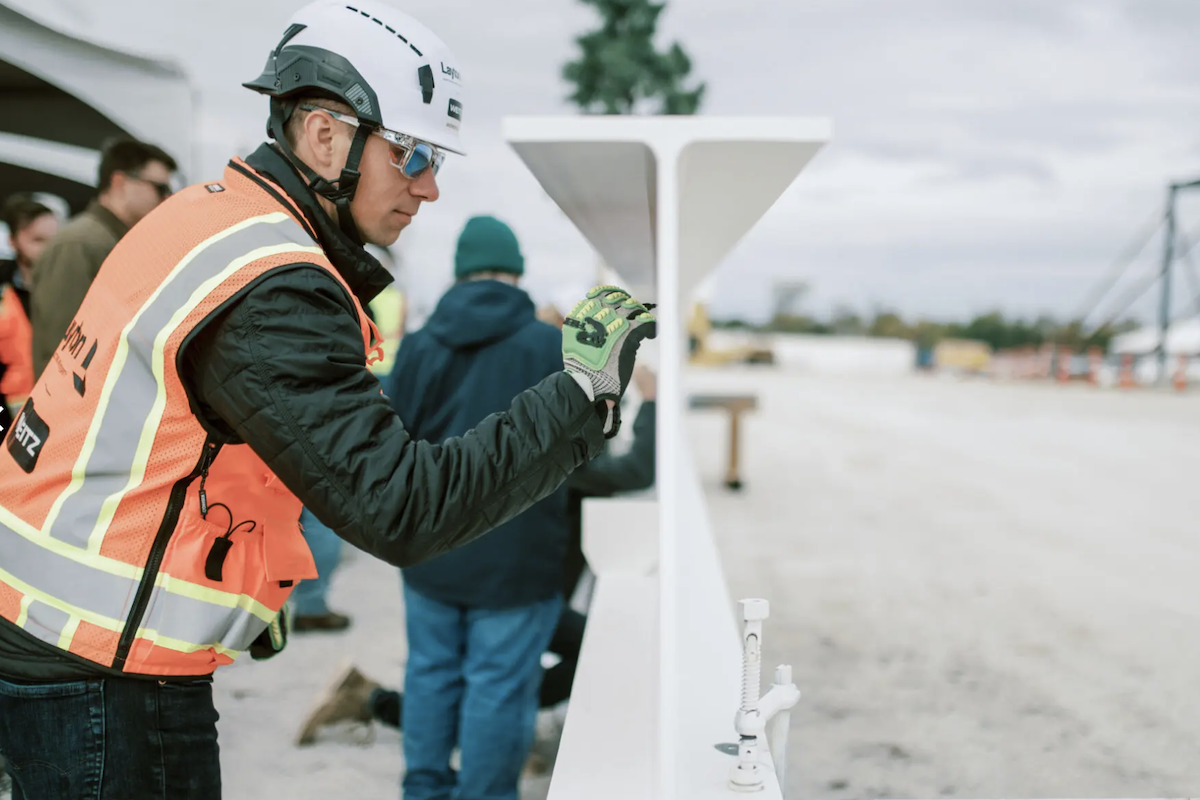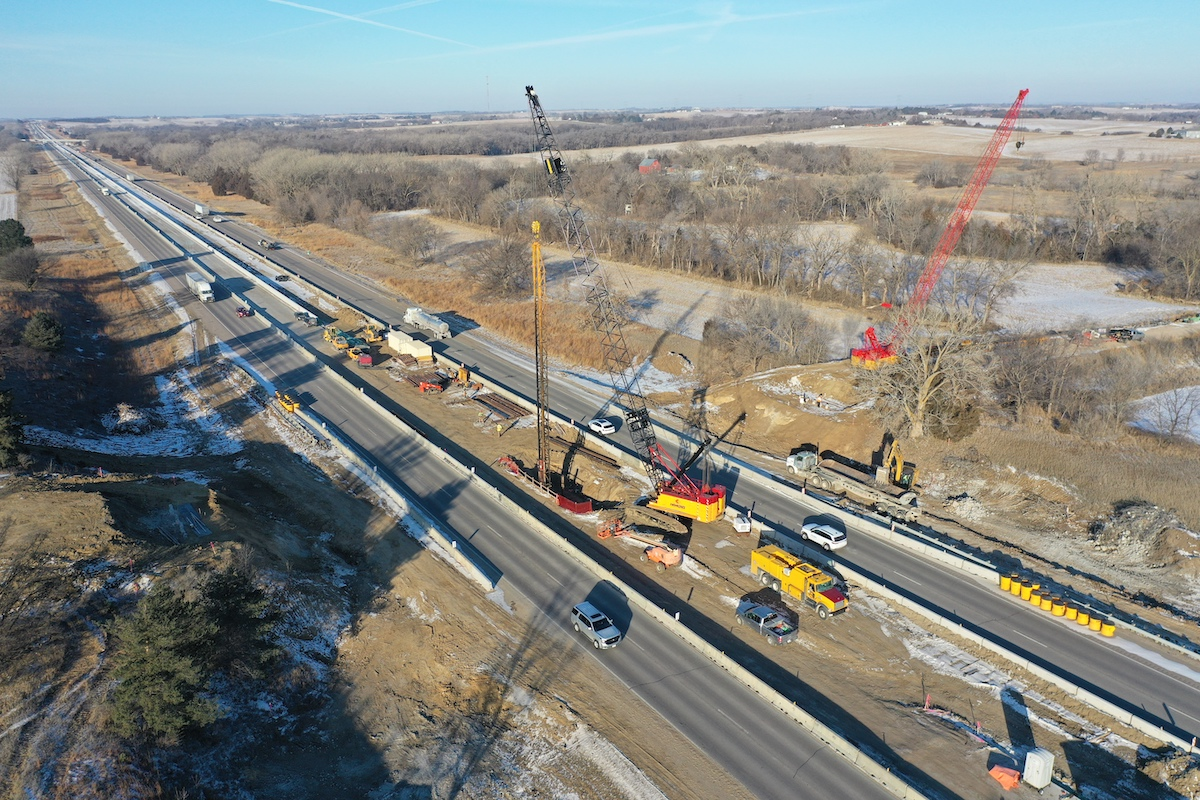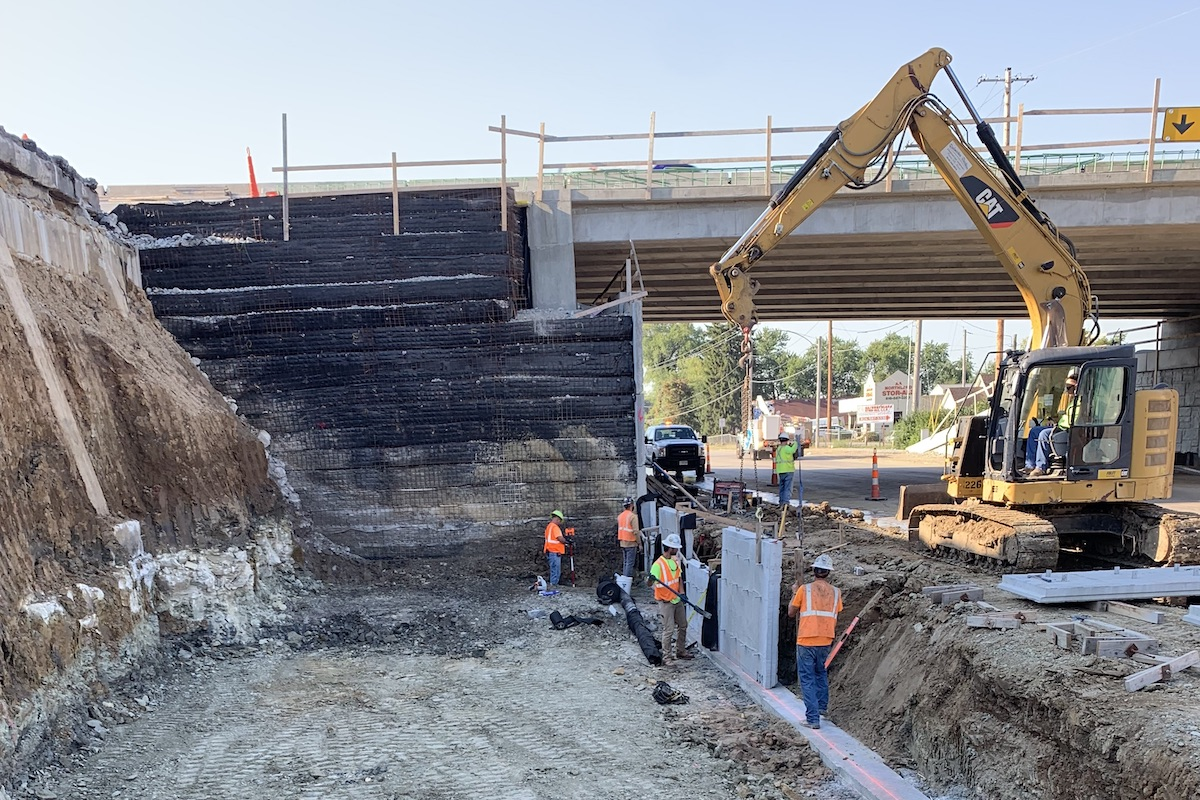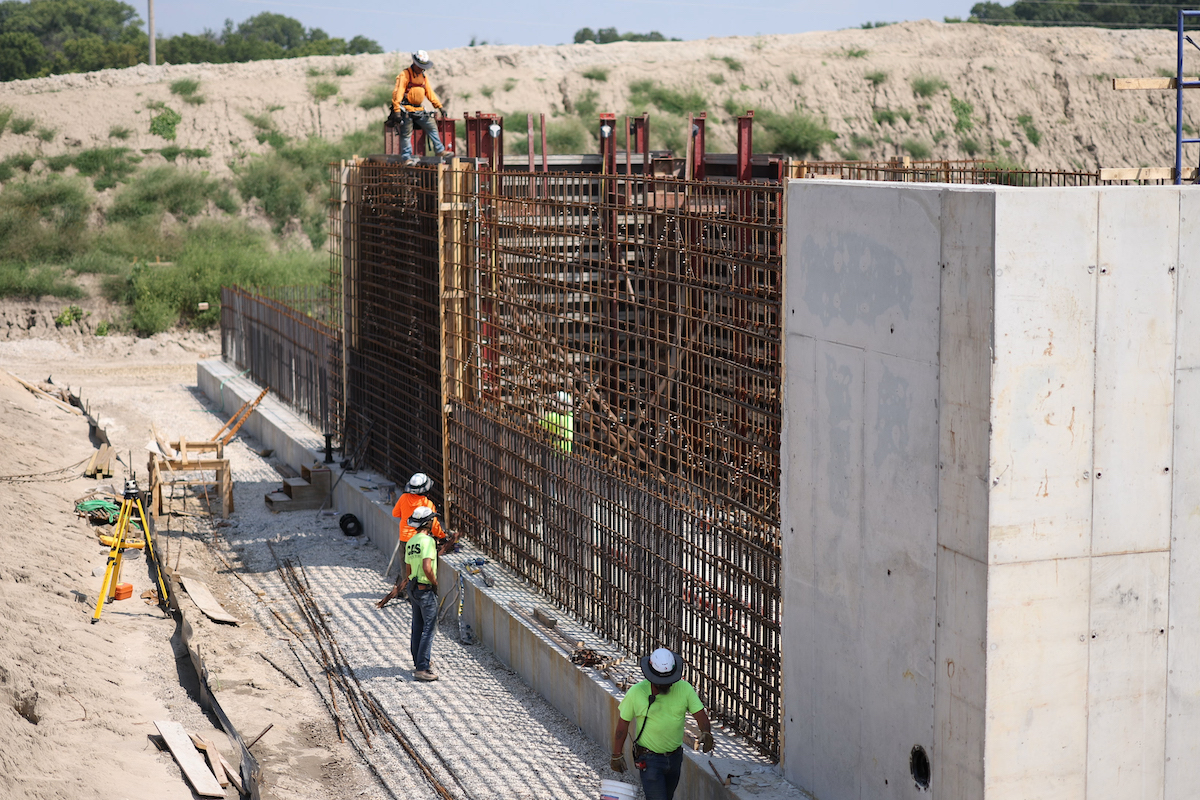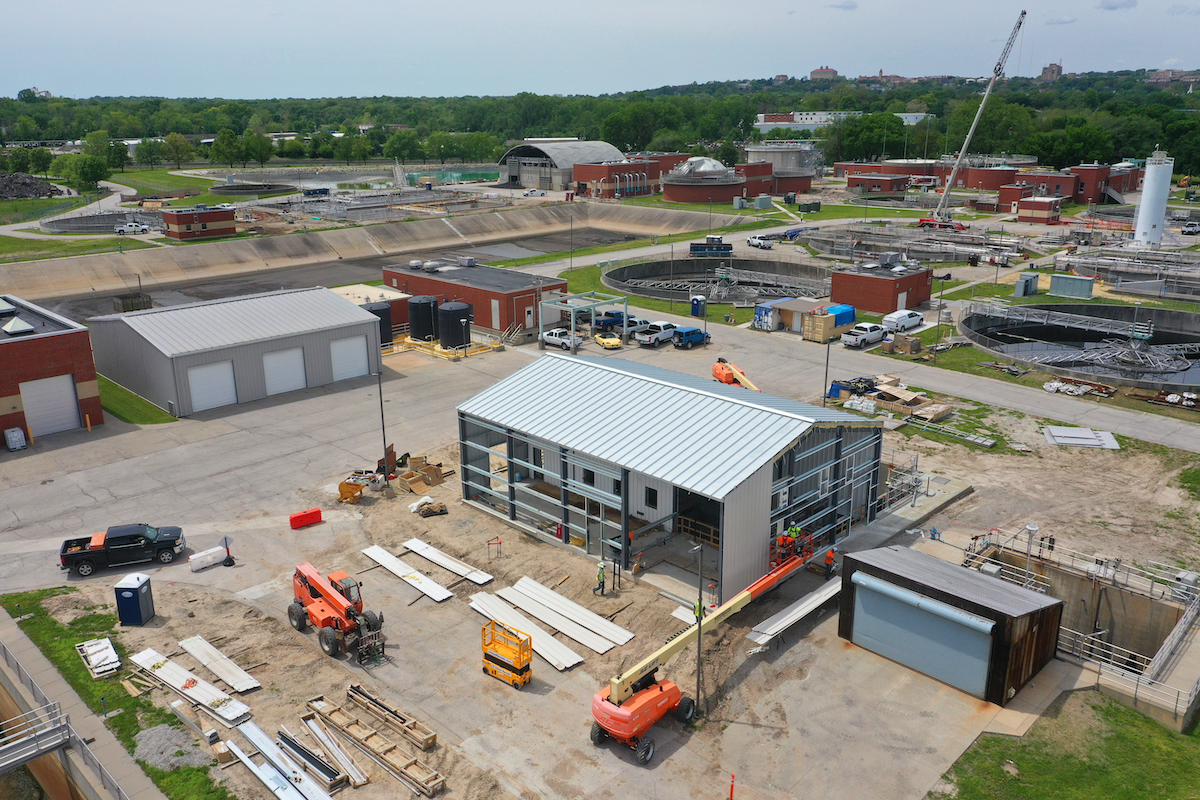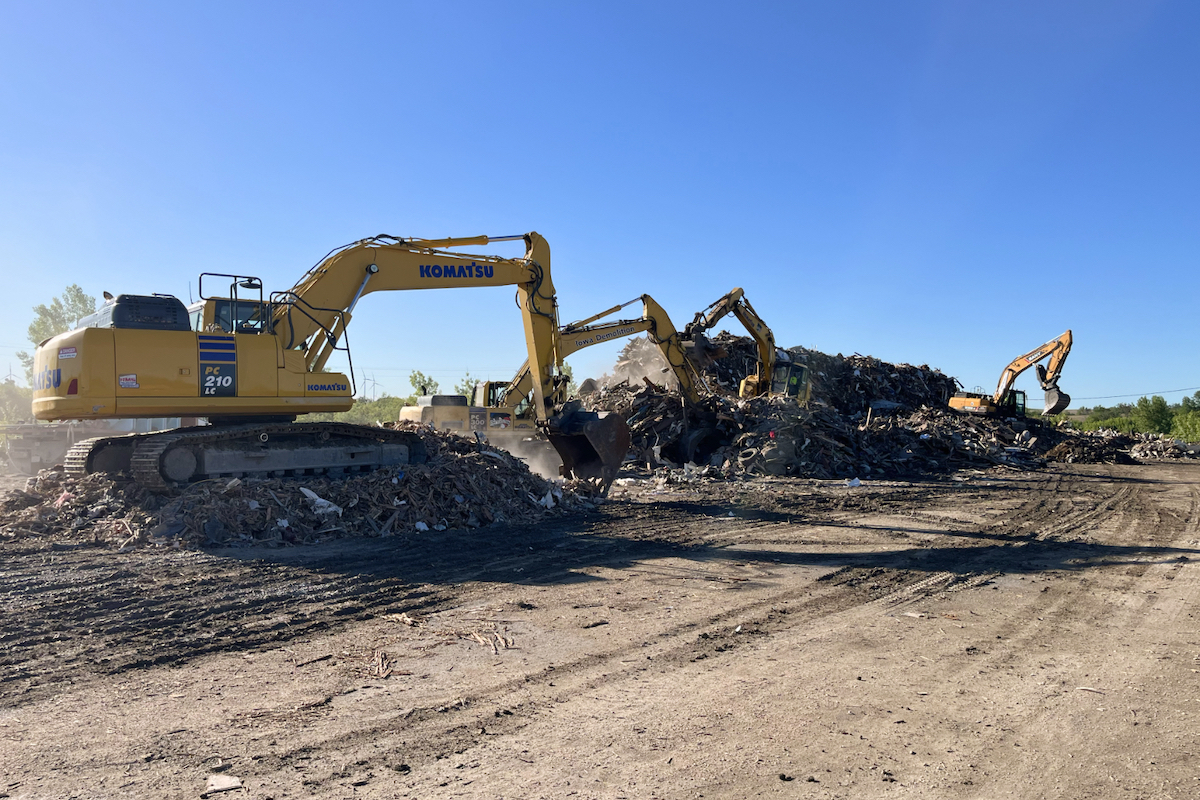VALLEY CENTER, KS — The City of Valley Center, Kansas, celebrated the groundbreaking of its new water treatment plant, an essential infrastructure investment that will deliver water for generations to come. This project represents a step toward achieving water independence, reinforcing Valley Center’s sustainability, self-reliance, and long-term community well-being.
For years, Valley Center has relied on a purchase agreement with the City of Wichita, Kansas, for its treated water supply. Recognizing the importance of self-sufficiency amid regional growth, city leaders have taken decisive action to develop a local water treatment solution that allows the community to utilize its own water resources, stabilize water quality, and manage long-term costs for residents and businesses.
Valley Center has partnered with a joint venture design-build team comprised of Burns & McDonnell and CAS Constructors to bring this project to fruition. Utilizing a progressive design-build delivery model, the team aims to streamline project execution, foster collaboration, and minimize overall risk.
“We’re excited to work alongside the city to make this long-term vision a reality,“ said Dana Hinderliter, Project Manager at Burns & McDonnell. “This project is more than just infrastructure; it’s a commitment to future generations, focused on building resilience and fostering community growth.”
Valley Center has historically operated three groundwater wells used as a raw water source for Wichita. The new plant will instead allow the city to tap into and maximize its own water rights, using these wells to their full potential. This marks a critical step in having a resilient and independent water supply for a growing population.

| Your local Komatsu America Corp dealer |
|---|
| Road Machinery and Supplies Company |
| Road Machinery and Supplies Company |
“This water treatment facility is a legacy project for Valley Center,” Mayor Jet Truman said. “We’re excited to give our community greater control over both the quality of our water and the cost of delivering it.”
The new facility will have a treatment capacity of 1.4 million gallons per day, allowing the system to meet both current needs and future demand. The project is funded in part by $1.5 million in principal forgiveness from the State Revolving Loan Fund.

